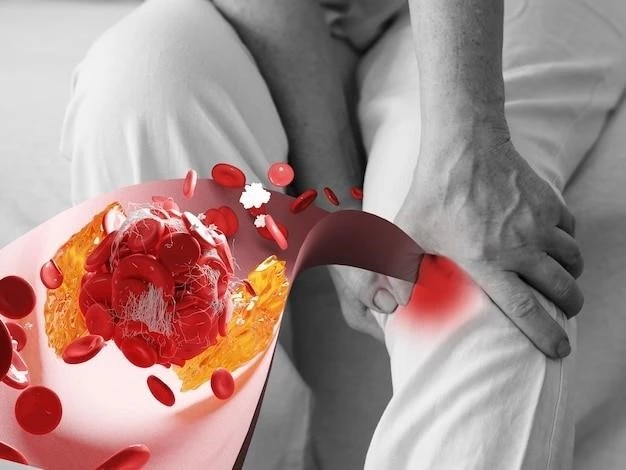Common symptoms include developmental delays, intellectual disability, seizures, and photosensitivity.
Other signs may include facial dysmorphism, growth retardation, and bone abnormalities.
Overview of the Symptoms
Common symptoms include developmental delays, intellectual disability, seizures, and photosensitivity. Other signs may include facial dysmorphism, growth retardation, and bone abnormalities.
Treatment focuses on managing symptoms and may include medications, supplements, and therapies.
Current Treatment Approaches
Treatment focuses on managing symptoms and may include medications, supplements, and therapies. Management by a multidisciplinary team is crucial for optimal care and support.

7-dehydrocholesterol reductase deficiency is an autosomal recessive disorder caused by mutations in the DHCR7 gene.
Genetic Basis
7-dehydrocholesterol reductase deficiency is an autosomal recessive disorder caused by mutations in the DHCR7 gene. These mutations lead to impaired cholesterol synthesis, resulting in a range of symptoms.
Diagnosis involves genetic testing, biochemical analysis, physical examination, and imaging studies.
Diagnostic Procedures
Diagnostic procedures for 7-dehydrocholesterol reductase deficiency include genetic testing, biochemical analysis, physical examination to identify characteristic features, and imaging studies such as X-rays or MRI scans to assess bone abnormalities.
The prognosis varies depending on the severity of symptoms and the individual’s response to treatment.
Outlook and Complications
The prognosis of 7-dehydrocholesterol reductase deficiency can range from mild to severe, with potential complications such as developmental delays, intellectual disability, and increased risk of seizures. Regular monitoring and early intervention can help manage these challenges.
Ongoing research explores novel treatments, genetic modifiers, and better diagnostic methods.
Recent Studies and Discoveries
Recent studies in 7-dehydrocholesterol reductase deficiency have focused on identifying new therapeutic targets٫ understanding disease mechanisms٫ and improving prenatal screening methods to enhance early detection and management.
Living with 7-dehydrocholesterol reductase deficiency may require ongoing medical care, specialized therapies, and support services to optimize quality of life and overall well-being.
Quality of Life and Support
Living with 7-dehydrocholesterol reductase deficiency requires close monitoring, adherence to treatment plans, and emotional support to navigate challenges. Community resources and advocacy groups also play a vital role in providing assistance and encouragement.
Prevention of 7-dehydrocholesterol reductase deficiency involves genetic counseling and carrier testing to assess the risk of passing on the condition.
Preventive Measures
Preventing 7-dehydrocholesterol reductase deficiency involves informed family planning٫ genetic counseling٫ and educating at-risk individuals about carrier status to make informed decisions regarding reproductive choices.
